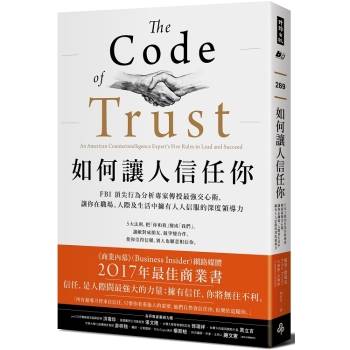There is intense interest among scholars and the public about the risks, benefits, and pricing of pharmaceuticals-but relatively little attention has been devoted to vaccine markets and the political, economic, and regulatory factors that influence their development. In this important new study, Ernst R. Berndt, Rena N. Denoncourt, and Anjli C. Warner investigate the key business drivers and challenges of vaccine markets, the complex interactions among their important stakeholders, and the emerging opportunities for growth. U.S. Markets for Vaccines: Characteristics, Case Studies, and Controversies examines several case studies-including vaccines for diphtheria, tetanus, pertussis, seasonal influenza, chicken pox, and shingles-that demonstrate the diverse dynamics of vaccine markets. The authors consider the role of intellectual property protection in the discovery process, preclinical and clinical development issues, manufacturing and cost characteristics, and the challenges of marketing, product differentiation, pricing, and distribution. They also explore the process of obtaining regulatory approval from the U.S. Food and Drug Administration and earning a spot on the Centers for Disease Control and Prevention’s vaccination schedules for pediatric and adult populations. Finally, the authors address the controversial debate over an alleged link between childhood vaccinations and autism. Drawing upon extensive interviews with representatives from industry, insurance providers, government agencies, health-care providers, and academia, U.S. Markets for Vaccines offers a balanced and comprehensive snapshot of the changing landscape for vaccine markets.
| FindBook |
有 1 項符合
U.S. Markets for Vaccines: Characteristics, Case Studies, and Controversies的圖書 |
 |
U.S. Markets for Vaccines: Characteristics, Case Studies, and Controversies 作者:Berndt 出版社:AEI Press 出版日期:2009-05-01 語言:英文 規格:平裝 / 236頁 / 22.4 x 15 x 2 cm / 普通級 |
| 圖書館借閱 |
| 國家圖書館 | 全國圖書書目資訊網 | 國立公共資訊圖書館 | 電子書服務平台 | MetaCat 跨館整合查詢 |
| 臺北市立圖書館 | 新北市立圖書館 | 基隆市公共圖書館 | 桃園市立圖書館 | 新竹縣公共圖書館 |
| 苗栗縣立圖書館 | 臺中市立圖書館 | 彰化縣公共圖書館 | 南投縣文化局 | 雲林縣公共圖書館 |
| 嘉義縣圖書館 | 臺南市立圖書館 | 高雄市立圖書館 | 屏東縣公共圖書館 | 宜蘭縣公共圖書館 |
| 花蓮縣文化局 | 臺東縣文化處 |
|
|
圖書介紹 - 資料來源:博客來 評分:
圖書名稱:U.S. Markets for Vaccines: Characteristics, Case Studies, and Controversies
內容簡介
作者簡介
Ernst R. Berndt is the Louis E. Seley Professor in Applied Economics at the MIT Sloan School of Management, and a member of the affiliated faculty of the Harvard-MIT Division of Health Sciences and Technology. Rena N. Denoncourt is program manager at Alnylam Pharmaceuticals in Cambridge, Massachusetts. Anjli C. Warner, MBA, is senior associate, Business Analysis and Information, Amgen, Thousand Oaks, California.
|









